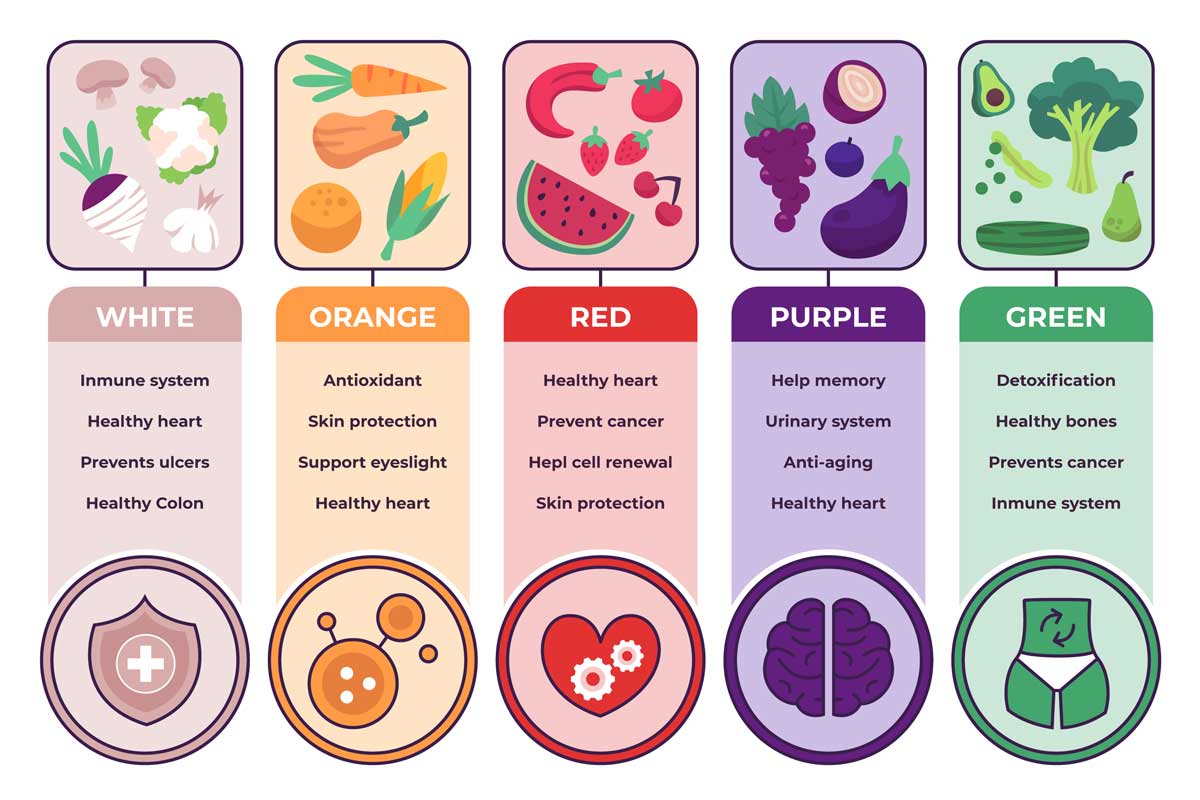Living with neuropathy requires a thoughtful approach to diet, as certain foods can either exacerbate symptoms or provide essential nutrients to support nerve health. Understanding the impact of food choices is crucial for managing neuropathy effectively.
Foods to Avoid:
1. Excessive Sugar:
High blood sugar levels can contribute to nerve damage, making it imperative for individuals with neuropathy, especially those with diabetes, to limit their intake of sugary foods and beverages.
2. Processed Foods:
Packaged snacks and processed foods often contain trans fats and additives, which can contribute to inflammation and hinder nerve function. Opt for whole, unprocessed foods instead.
3. Refined Grains:
Refined grains, found in white bread and pasta, lack essential nutrients and can lead to blood sugar spikes. Choose whole grains like quinoa and brown rice for better nutritional value.
4. Saturated Fats:
High-fat diets, particularly those rich in saturated fats from red meat and full-fat dairy, may contribute to inflammation. Opt for lean proteins and healthier fats found in nuts, seeds, and olive oil.
Why choosing the right foods is essential for neuropathy?
The Impact of Poor Nutrition on Nerve Health:
Vitamin Deficiencies:
Essential vitamins like B12, B6, and B1 play a crucial role in nerve function. A deficiency in these vitamins, often linked to poor nutrition, can lead to neuropathic symptoms. Including sources like fish, poultry, leafy greens, and whole grains is essential for nerve health.
Uncontrolled Blood Sugar:
Diets high in processed sugars and refined carbohydrates contribute to elevated blood sugar levels. For individuals with diabetes, this can result in diabetic neuropathy. Maintaining a balanced diet and monitoring sugar intake is vital for preventing nerve damage.
Inflammatory Foods:
Certain foods high in saturated fats and additives can trigger inflammation, potentially worsening neuropathic pain. Choosing an anti-inflammatory diet, rich in fruits, vegetables, and omega-3 fatty acids, can help alleviate symptoms.
Dehydration and Nerve Function:
Inadequate hydration can affect nerve function and exacerbate neuropathic symptoms. Ensuring sufficient water intake is a simple yet crucial aspect of supporting overall nerve health.
Breaking the Cycle with Nutrient-Rich Choices

Embracing a Balanced Diet:
Prioritize a well-rounded diet consisting of lean proteins, whole grains, fruits, and vegetables. This ensures a diverse range of nutrients essential for nerve function and overall health.
Supplementation when Necessary:
In cases where nutritional needs cannot be met through diet alone, supplements may be recommended. Consultation with a healthcare professional can help determine the appropriate supplements for individual needs.
Personalized Nutritional Guidance:
Seeking guidance from a nutritionist or healthcare provider is essential for creating a personalized nutrition plan. This approach considers individual health conditions, dietary preferences, and lifestyle factors to optimize overall well-being.
Making informed choices about the foods you consume can significantly impact your neuropathy management. Prioritize a diet rich in nutrients, antioxidants, and anti-inflammatory properties to support nerve health and improve your overall quality of life.
Find Relief at Balanced Well Pain Relief and Neuropathy Center! Contact us today for expert neuropathy care and regain comfort in every step. Your journey to wellness starts here!


